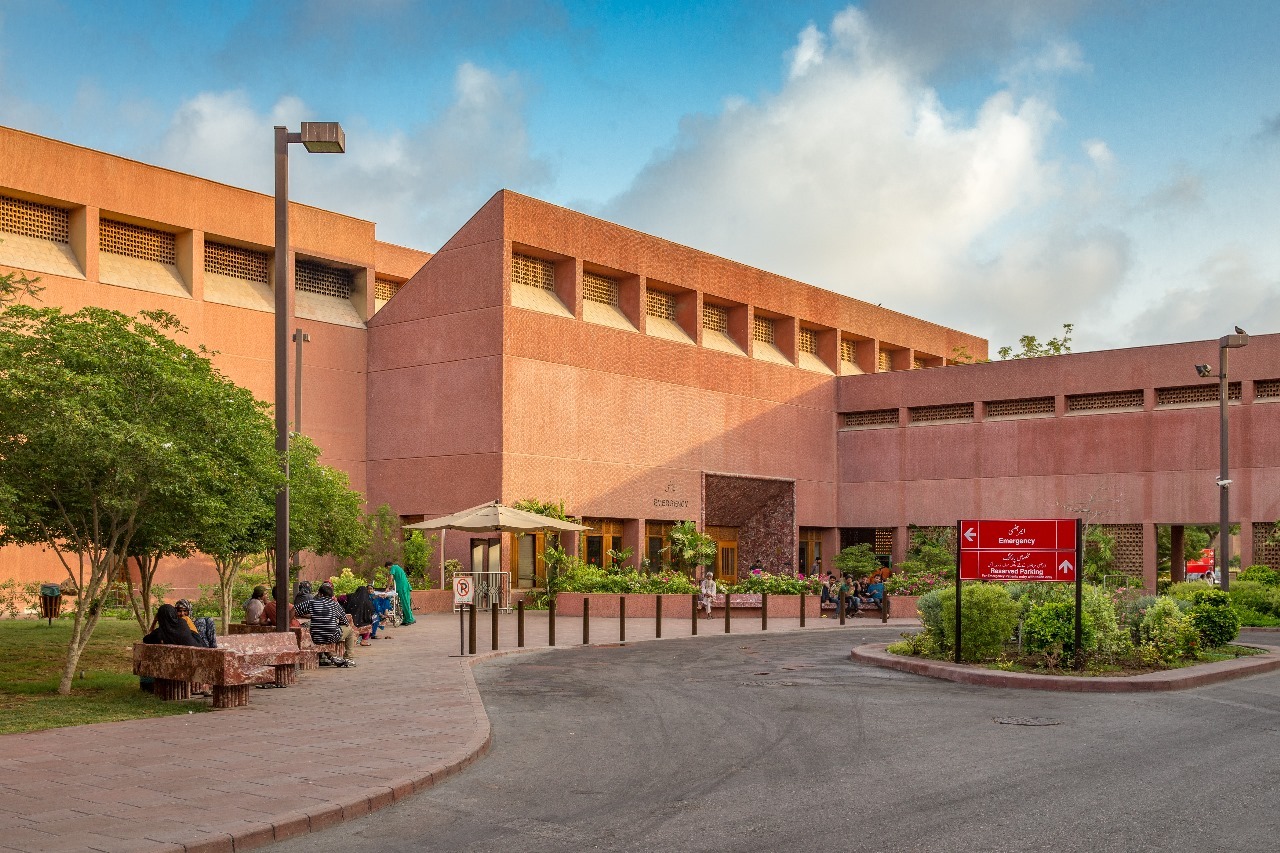Diabetes is one of the fastest-growing health problems in Pakistan, affecting millions across all age groups. This chronic condition not only impacts blood sugar levels but can also lead to serious complications, one of the most concerning being kidney disease. Diabetic kidney disease, or diabetic nephropathy, is a condition where high blood sugar damages the tiny blood vessels in the kidneys, making it difficult for them to filter waste from the blood. If left unchecked, diabetic kidney disease can progress to kidney failure, requiring dialysis or a kidney transplant.
The Burden of Diabetic Kidney Disease in Pakistan: In Pakistan, diabetes prevalence is alarmingly high, with approximately 33 million people diagnosed, making it one of the top countries in the world affected by this disease. With such high diabetes rates, the risk of developing diabetic kidney disease is also elevated. Nearly 40% of people with diabetes will eventually develop kidney disease. This is a heavy burden on both the healthcare system and families, as managing kidney disease is costly, and treatment options like dialysis or transplants are not accessible or affordable for everyone. A combination of factors, including poverty, limited healthcare access, and poor health infrastructure, contributes to the increasing burden and worsens the situation for a developing country like Pakistan.
Symptoms and Consequences of Diabetic Kidney Disease: Diabetic kidney disease usually develops slowly, and in its early stages, it may not show any noticeable symptoms, often earning it the label of a “silent” disease. Symptoms may appear only when the disease has advanced and can include swelling in the feet, shortness of breath, fatigue, poor appetite, difficulty concentrating, and reduced urine output. As the disease progresses, symptoms can become severe, leading to high blood pressure, anemia, weak bones, and an increased risk of infections. Ultimately, untreated kidney disease can lead to kidney failure, requiring dialysis or a kidney transplant for survival.
Screening and Diagnosis: Early Detection is Key: Given the high prevalence of diabetes in Pakistan, regular screening for kidney disease is essential, especially for those who have had diabetes for several years. Screening tests include simple urine tests to detect protein levels (an early sign of kidney damage) and blood tests to assess kidney function. Regular check-ups can detect kidney disease at its earliest stages, when it can be managed with lifestyle changes and medication to prevent further progression. It is recommended that people with diabetes undergo these tests at least once a year.
Preventing Diabetic Kidney Disease: Preventing diabetic kidney disease requires strict control of blood sugar levels, a healthy lifestyle, and regular monitoring. Here are some strategies to help reduce the risk:
- Control Blood Sugar: High blood sugar levels are the main cause of diabetic kidney disease. Managing blood sugar through diet, exercise, and medication is crucial. People with diabetes should work with their doctors to set and achieve healthy blood sugar goals.
- Monitor Blood Pressure: High blood pressure can worsen kidney disease. People with diabetes should keep their blood pressure under control, ideally below 130/80 mm Hg, through lifestyle changes and, if necessary, medication.
- Adopt a Healthy Diet: A balanced diet low in salt, sugar, and unhealthy fats can help maintain kidney health. Eating more fruits, vegetables, whole grains, and lean proteins is beneficial. Reducing salt intake also helps to control blood pressure.
- Stay Physically Active: Regular physical activity can improve blood sugar control, reduce blood pressure, and help maintain a healthy weight. Even moderate exercise, such as walking or cycling for 30 minutes a day, can make a difference.
- Avoid Smoking: Smoking increases the risk of kidney disease, and quitting can greatly benefit kidney health.
The Need for Preventive Strategies in Pakistan: With the high rates of diabetes and the growing number of people affected by diabetic kidney disease, it is essential to focus on preventive strategies at both individual and community levels. Education, awareness campaigns, and public health initiatives in schools, workplaces, and public spaces can help raise awareness about diabetes, its complications, and the importance of early screening. People with diabetes should be encouraged to get regular kidney function tests, and healthcare providers should make screening accessible and affordable.
Raising awareness, encouraging healthy lifestyles, and promoting regular screening can reduce the burden of diabetic kidney disease in Pakistan. By understanding the link between diabetes and kidney health, we can take proactive steps to prevent this serious complication and protect the well-being of our communities.
Author: Dr. Sonia Yaqub, Consultant, Nephrology, The Aga Khan University Hospital


